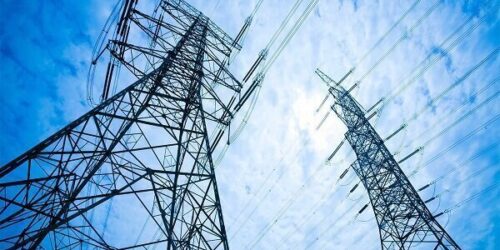The cost of power generation in the country has increased by 60% — the rate of a unit going up by Rs6.42 in the last one year.
According to documents, the cost of generating electricity using diesel, furnace oil, coal, LNG and gas has significantly jacked up.
In the last one year, the cost of generating electricity on diesel went up by Rs3.19 per unit.The cost per unit from diesel increased from Rs19.43 to Rs22.62.
Electricity produced using natural gas went up by 62 paisas per unit against last year. In one year, the cost of generating electricity using LNG increased by Rs6.42 per unit — from Rs7.02 to Rs13.44.
Against August 2020, furnace oil generated electricity at Rs6 more per unit more in the same month this year. The cost per unit of furnace oil increased from 12 rupees and 23 paisas to 18 rupees and 24 paisas.
The production cost per unit of electricity from coal has increased from Rs6.03 to Rs9.03.The electricity tariff imported from Iran also increased by two rupees and 14 paisas.The imports from Iran in August 2020 stood at Rs10.21 per unit and now at Rs12.35.
Pakistan hit an all-time high power production level at 16,078 Gigawatt hours (GWh) in a month in August on the back of strong demand for energy from industries amid expansion and households adding appliances and gadgets in their daily usage.
The growth in electricity generation is in line with the government’s policy to make maximum utilisation of the surplus power production capacity available in the country, as the excessive installed capacity is causing rise in the circular debt.
“Power production has apparently surged on additional demand coming from increased industrial output, setting up of new industrial units and expansion of the existing ones,” Reon Energy CEO Mujtaba Haider Khan said while talking to The Express Tribune.
He added that the shift of industries from self-generation through gas-based captive power plants to the national grid station under the government directed policy was another apparent reason for the jump in electricity generation during the month. Industrial sector is not the only area performing well in the wake of the government’s pro-growth and businessfriendly policies, but the other two major components of the domestic economy; agriculture and services sectors, are also making headway and generating additional demand for electricity in the country.





